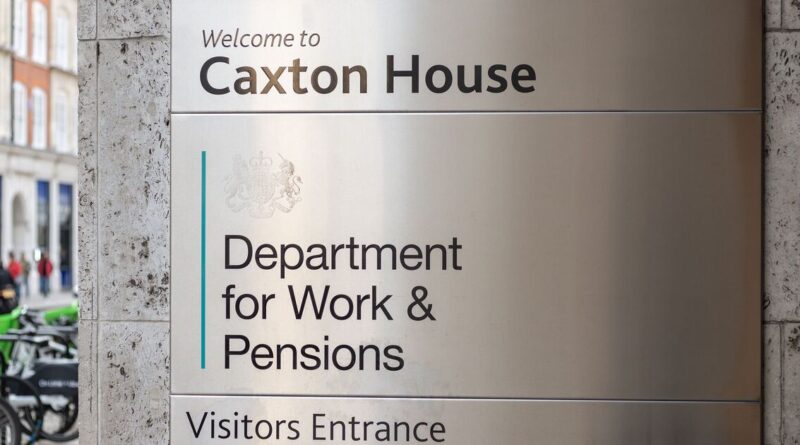DWP’s new ‘13-week rule’ for people on PIP or Universal Credit | Personal Finance | Finance
A new rule is set to be introduced by the government for everyone claiming Personal Independence Payments or Universal Credit.
The two benefits are being overhauled in a new law called the Universal Credit and Personal Independence Payment Bill, it was announced this week. Among the changes, aimed primarily at reducing the cost of the country’s welfare bill, it is set to become more difficult to qualify for PIP, as well as Carer’s Allowance and the carer’s element of Universal Credit.
The government is set to change the points system for PIP’s ‘daily living’ allowance, which currently pays a standard rate of £73.90 per week, or £110.40 per week to those who qualify for the enhanced rate. Right now, the eligibility criteria focuses on those who need help with various daily tasks, such as preparing food, washing, dressing, reading or managing treatments.
Under the new plans, applicants will have to score four points or more on at least one daily living activity to be eligible for the extra money.
The government said: “The Bill will introduce a new additional eligibility requirement for the daily living component of PIP so that a minimum of four points must be scored on at least one daily living activity to be eligible for the daily living component. It will also rebalance Universal Credit.”
In addition to the new rules, the government is putting in place a ‘13-week rule’ aimed at softening the blow for those affected by the changes, such as those losing their PIP.
It says: “The Universal Credit and Personal Independence Payment Bill will provide 13 weeks of additional financial security to existing claimants affected by changes to the PIP daily living component, including those who their lose eligibility to Carers Allowance and the carer’s element of Universal Credit.
“The 13-week additional protection will give people who will be affected by the changes time to adapt, access new, tailored employment support, and plan for their future once they are reassessed and their entitlement ends.
“This transitional cover is one of the most generous ever and more than three times the length of protection provided for the transition from DLA to PIP.”
The changes are designed partly to counteract a surge of people claiming benefits for anxiety and depression.
The government adds: “Since the pandemic, the number of PIP awards has more than doubled – up from 13,000 a month to 34,000 a month. That is around 1,000 people signing on to PIP every day – that is roughly the size of Leicester signing up every year.
“The surge has been largely by driven by a substantial increase in the number of people who report anxiety and depression as their main condition. Before the pandemic (in 2019), 2,500 people a month were awarded PIP for these conditions, this has more than tripled to 8,200 a month in 2023.
“Spending on working age disability and incapacity benefits is up £20 billion since the pandemic and is set to increase by almost that much again by the end of this Parliament, to a staggering £70 billion a year.
“That’s why, through the introduction of this Bill; the government is fixing our broken social security system so it supports those who can work to do so while protecting those who cannot – putting welfare spending on a more sustainable path to unlock growth as part of our Plan for Change.”





